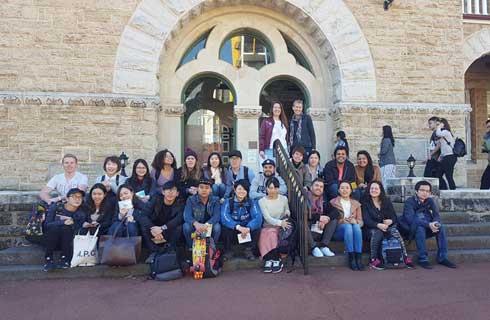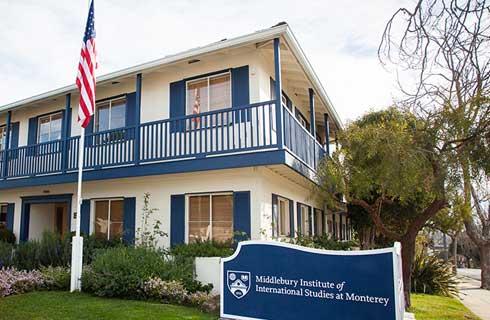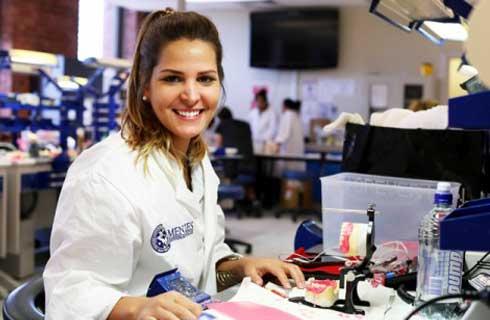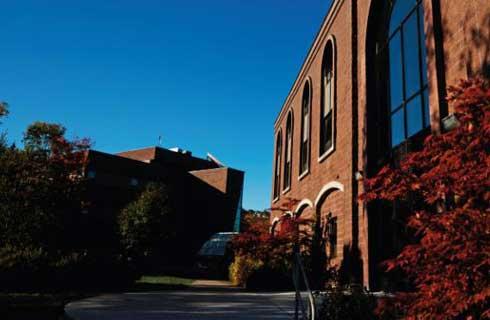国际学生入学条件
Transcripts: Must be uploaded to application. If admitted, official transcripts are required. All transcripts should be converted to the American 4.0 grade point average (GPA) Scale, if possible.
Letters of Recommendation: 2 letters of recommendation are required. If you are currently in school, letters from academic advisors and other professors are preferred. If you are currently in industry, letters from employers are acceptable. Recommendation letters can be submitted through the on-line application tool.
Test scores: official test scores sent from ETS. TOEFL or IELTS scores (required for all international students) expire after 2 years and expired scores WILL NOT be accepted. GRE test scores (required for all students) expire after 5 years.
Essay: a brief statement of career and research objectives. Essays should clearly articulate your experience and goals. Half a page to two pages is sufficient.
Supplemental Information: applicants should also include a resume or CV, current research or creative work, list of published works, and extracurricular activities.
GPA
3.0/4.0 required for PhD
2.75/4.0 required for MS
Minimum Test Requirements
GRE General Test (School code: 2365, Dept code: 1203)
75th percentile or better on Quantitative
iBT TOEFL (School code: 2365, Dept code: 66)
79 composite score
20 Writing, 20 Speaking, 20 Reading, 15 Listening
IELTS
6.5 Overall Minimum Band Score
6.0 Writing, 6.5 Speaking, 6.5 Reading, 6.0 Listening
展开
IDP—雅思考试联合主办方

雅思考试总分
6.5
- 雅思总分:6.5
- 托福网考总分:79
- 托福笔试总分:550
- 其他语言考试:NA
CRICOS代码:
申请截止日期: 请与IDP联系 以获取详细信息。
课程简介
Bio-Electrical Engineering is the application of electronic and photonic engineering to biology and medicine. Modern biomedicine increasingly relies on cutting-edge technology to advance our understanding of complex biological processes and to improve healthcare outcomes. Bioelectrical engineering at Lehigh encompasses the development of clinical therapeutic and diagnostic equipmentsensors and sophisticated devices for biological experiments, and the application of engineering principles to the study of biology. One of the areas of research pursued by faculty in the bioelectrical engineering group is the development of biological micro-electromechanical systems (bio-MEMS). Living cells and tissues are incorporated into microdevices, which are then used to study mechanisms of thought and memory, mechanical properties of cells, or applications in biosensing and drug screening. Another research direction is the use of optical coherence tomography (OCT) for non-invasive imaging of hemoglobin concentrations, blood oxygen saturation, water and lipid content, and hemodynamics in the brain and in different types of cancer. In addition, biosensors based on surface plasmon resonance (SPR) in metal nanostructures are being developed for label-free, real-time, multiplexed and highly sensitive biomolecule detection. Bioelectrical engineering faculty are also involved in interdisciplinary collaborations with many groups in the P.C. Rossin College of Engineering and Applied Science and in the College of Arts and Sciences, including groups in mechanical engineering, materials science, chemical engineering, bioengineering, and physics.
展开







 预科
预科 奖学金
奖学金 实习机会
实习机会 在校学习
在校学习 跨境学习
跨境学习 校园授课-线上开始
校园授课-线上开始 在线/远程学习
在线/远程学习

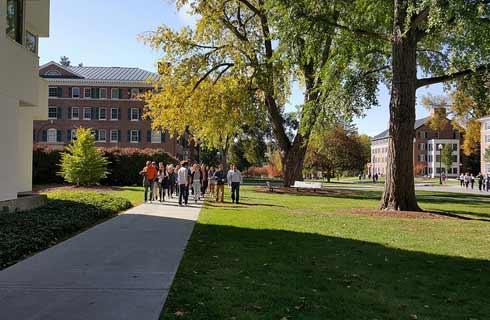
 滑铁卢大学
滑铁卢大学
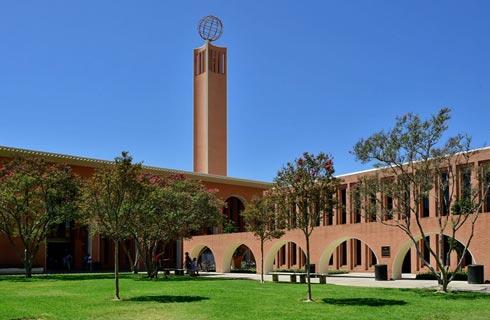
 多伦多都会大学
多伦多都会大学

 尼亚加拉学院
尼亚加拉学院
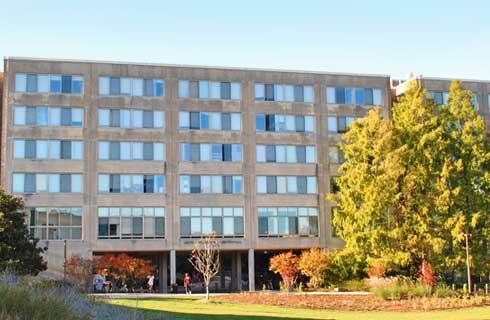
 尼亚加拉学院
尼亚加拉学院

 德恒学院
德恒学院

 德恒学院
德恒学院









 美国
美国
